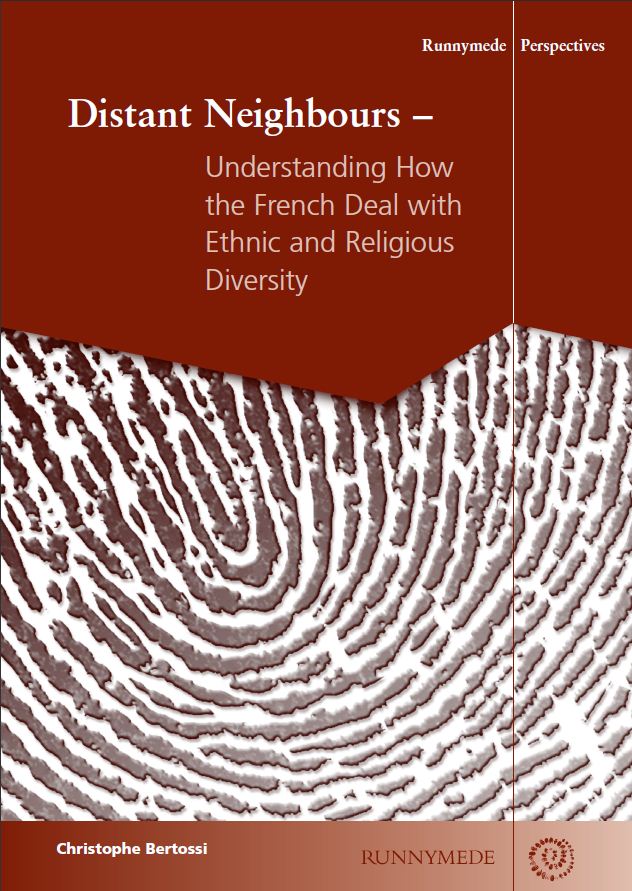Governance and Societies
States remain essential pillars of the international system, even if they are not the only players. Governance is a local, national and international issue.
Related Subjects

The New Diplomatic Weight of Gulf Countries

The political and economic weight of the Gulf monarchies has increased considerably. These countries have diversified their economies and become logistic hubs, attracting large numbers of investors. They have also managed to extend their power beyond their borders. However, the wider regional fallout of the war begun by Hamas on October 7, 2023 has cast doubt on the Gulf’s stability, especially as it seems that the American security umbrella can no longer be taken for granted




Representign Private Interests to Increase Trust in Russia-EU Relations

Russia and Turkey in the Caucasus: Moving Together to Preserve the Status Quo?

Models of Integration : Public Philosophies, Policies and State Institutions

The Colors of the Flag. The French Army in front of Discriminations

Distant Neighbours - Understanding How the French Deal with Ethnic and Religious Diversity

European Anti-Discrimination and the Politics of Citizenship : Britain and France

Support independent French research
Ifri, a foundation recognized as being of public utility, relies largely on private donors – companies and individuals – to guarantee its sustainability and intellectual independence. Through their funding, donors help maintain the Institute's position among the world's leading think tanks. By benefiting from an internationally recognized network and expertise, donors refine their understanding of geopolitical risk and its consequences on global politics and the economy. In 2025, Ifri supports more than 80 French and foreign companies and organizations.






